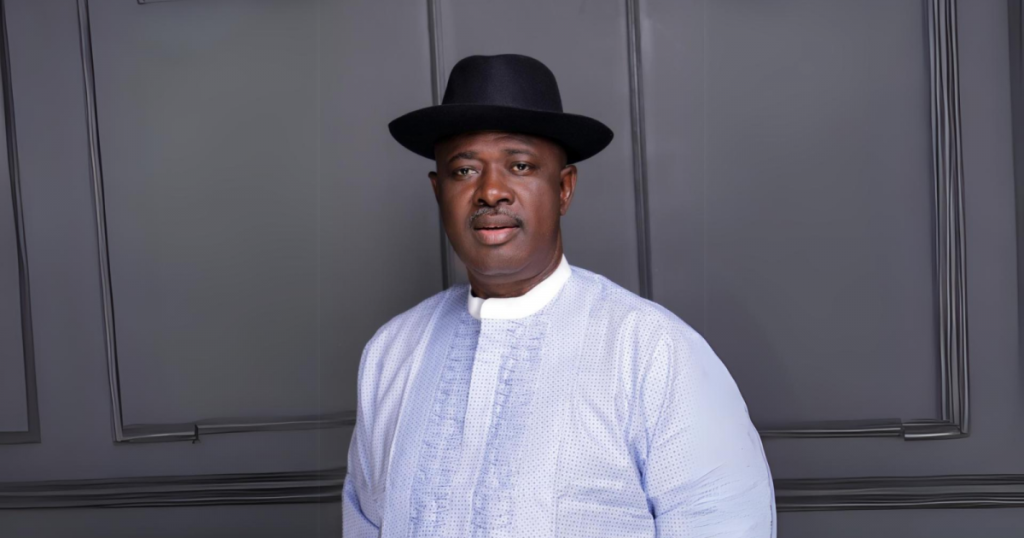The volatile global crude oil market continues to exert a significant influence on petrol prices in Nigeria, a reality underscored by recent fluctuations and discussions among stakeholders. Heineken Lokpobiri, the Minister of State for Petroleum Resources (Oil), emphasized this connection, explaining how international crude prices directly impact the cost of petrol at the pump. This dynamic is a key feature of the deregulated downstream sector, where market forces, rather than government intervention, determine pricing. This shift away from government control represents a significant change in Nigeria’s petroleum landscape, eliminating the controversial petrol subsidy system that had been plagued by inefficiencies and corruption. The focus now, according to Lokpobiri, is on ensuring quality control, availability, and accurate dispensing of petrol at retail stations.
The recent crossing of the $80 per barrel mark for Brent crude, the global benchmark, has sparked concerns about a potential surge in petrol prices. This anxiety is compounded by reports of private depots increasing the loading cost of refined petroleum products, including petrol. However, representatives of major and independent marketers have attempted to allay these fears, suggesting that an immediate price hike is not inevitable. The complex relationship between crude oil prices and downstream petrol costs involves various factors beyond the raw material cost, creating a lag between crude price increases and pump price adjustments.
Lokpobiri further elaborated on the benefits of deregulation, highlighting its role in eliminating the problems associated with the petrol subsidy. He explained that the market-driven system allows prices to fluctuate naturally, reflecting the current dynamics of the global oil market. This contrasts with the previous system, where artificial price controls led to distortions and inefficiencies. Lokpobiri used his experience during the Christmas season as an example, observing varying petrol prices at different filling stations in Bayelsa, a direct consequence of market competition under deregulation. This competition, he argues, benefits consumers by offering choices and preventing long queues often associated with controlled pricing.
The minister’s emphasis on quality control, availability, and accurate dispensing signifies a shift in government priorities. With prices determined by market forces, the government’s role evolves into ensuring fair practices and consumer protection. This includes monitoring the quantity of petrol dispensed at filling stations to prevent shortchanging customers. By fostering a competitive market, the government aims to provide consumers with options and discourage exploitative practices that might arise in a less transparent system.
While the link between global crude oil prices and domestic petrol prices is undeniable, the correlation isn’t always immediate or direct. Abubakar Maigandi Shettima, the National President of the Independent Petroleum Marketers Association of Nigeria (IPMAN), attributed the recent reduction in petrol prices to a partnership with the Dangote refinery. This partnership, involving IPMAN, MRS, and Dangote, allows independent marketers to offer petrol at a lower price than their competitors, maintaining a uniform price nationwide. This demonstrates how strategic partnerships and domestic refining capacity can influence and potentially mitigate the impact of international crude price fluctuations on local consumers.
Huub Stockman, Chairman of the Major Energy Marketers Association of Nigeria (MOMAN) and Managing Director of NNPC Retail, further clarified the relationship between crude and petrol prices. While acknowledging the influence of crude oil as a primary component in the pricing template, he emphasized that other market parameters also play a crucial role. Stockman stressed that changes in crude prices don’t automatically translate to immediate shifts in petrol prices and cautioned against predicting the exact impact of fluctuating crude prices on the downstream market. His comments reinforce the complex dynamics at play, highlighting the interplay of numerous factors that determine the final cost of petrol at the pump.














